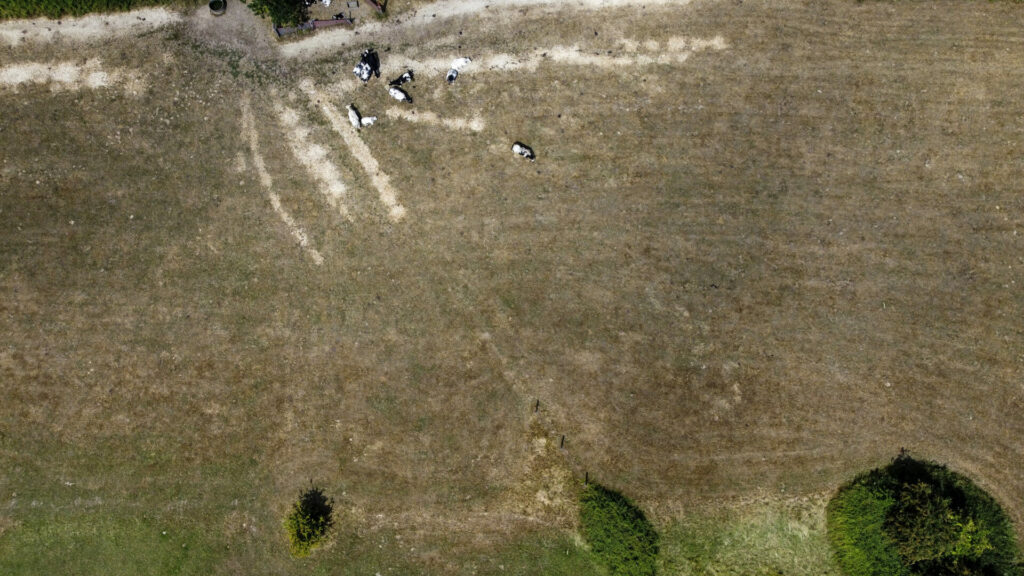Last summer, Flanders found itself in a critical position as groundwater was seriously depleted. Whilst the drought has passed and groundwaters have recovered to a healthy level, the region is already preparing itself for the dry summer months.
Groundwater levels have risen in three-quarters of monitoring sites across the region – welcome news following the summer's critical situation, when an alert phase was declared in light of the serious drought. Normal groundwater levels have now been recorded in 42% of measurement sites; in 21% of sites, measurements indicate a high to very high level.
Flemish Environment Minister Zuhal Demir announced the news on Thursday but insisted on the need to remain vigilant: "We're still in the midst of winter but we are already preparing to protect ourselves against possible dry summer months."
The region and Belgium overall have historically experienced issues with depleted groundwater levels. But these are being exacerbated by the increasingly long and dry summers. The risk of drought has become up to 20 times higher due to climate change caused by human activity.
Effective water management
The rebound in water levels across the region is mainly the result of increased rainfall in January. Yet the ability of precipitation to replenish groundwater depends on soil quality to soak up rain.
Demir stressed the need to "give water more space by softening or reopening watercourses, collecting rainwater and encouraging circular water use." These are among the numerous initiatives taken as part of the region's Blue Deal, by which it tackles drought and water shortages structurally and on several fronts.
The policies already helped the region avoid extremely drastic measures last summer.
Related News
- Flanders to turn 13,320 Olympic swimming pools of sewage into useable water
- Last eight years were warmest on record with Europe heating fastest
"The upper groundwater layers react strongly to the amount of rain that does or does not fall. We cannot control the rain, but with the policy, we make sure we retain that water as much as possible," she added.
Demir compared the plan to running a marathon, explaining that a lot of time goes into preparation and the path itself is challenging, but the satisfaction at the finish line is great. "Today, we are working hard on tomorrow's water management. Tangible and concrete results will only be visible in the near future."

